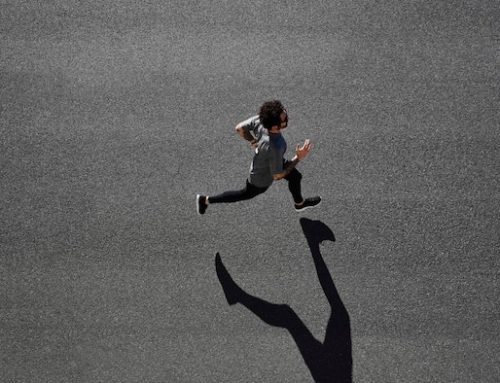When to Stop Running: Signs to Watch Out For
Running can be a great way to stay fit and healthy. It can help you lose weight, relieve stress, and improve your overall mood. However, there are certain signs that you should watch out for when running, which indicate that you should stop immediately. In this article, we’ll discuss the signs you should stop running and what you can do to prevent them.
Dehydration
Dehydration is one of the most common problems that runners face. When you run, your body loses water through sweat, and if you don’t drink enough water, you’ll become dehydrated. Symptoms of dehydration include headache, dizziness, nausea, and fatigue. To prevent dehydration, drink water before, during, and after your run. According to the American Council on Exercise (ACE), you should drink 17 to 20 ounces of water two hours before running and another 7 to 10 ounces every 10 to 20 minutes during your run.
Joint Pain
Joint pain is another sign that you should stop running. This type of pain can be caused by overuse or injury to your joints. Symptoms of joint pain include swelling, tenderness, and stiffness. If you experience joint pain during or after your run, take a break and rest. You can also apply ice to the affected area to reduce inflammation. In severe cases, you should see a doctor to get a proper diagnosis and treatment plan.
Chest Pain
Chest pain is a serious sign that you should stop running immediately. Chest pain can be caused by a number of things, including heart problems, dehydration, or overexertion. If you experience chest pain while running, stop immediately and rest. If the pain persists, seek medical attention as soon as possible.
Shortness of Breath
Shortness of breath is another sign that you should stop running. This can be caused by a number of factors, including asthma, allergies, or heart problems. If you experience shortness of breath while running, stop immediately and rest. If the problem persists, see a doctor to determine the underlying cause.
Dizziness
Dizziness is another sign that you should stop running. Dizziness can be caused by a number of things, including low blood sugar, dehydration, or overexertion. If you experience dizziness while running, stop immediately and rest. Drink some water and wait until the dizziness subsides before continuing your run.
Cramps
Muscle cramps are another common problem that runners face. Cramps can be caused by overuse or dehydration. If you experience muscle cramps while running, stop immediately and rest. You can also stretch out your muscles to alleviate the pain.
Conclusion
Running can be a great way to stay fit and healthy, but it’s important to watch out for the signs you should stop running. Dehydration, joint pain, chest pain, shortness of breath, dizziness, and muscle cramps are all signs that you should stop running immediately. By paying attention to your body and taking breaks when you need to, you can stay safe and healthy while running.
| Signs | Causes |
|---|---|
| Dehydration | Loss of water through sweat |
| Joint pain | Overuse or injury to joints |
| Chest pain | Heart problems, dehydration, or overexertion |
| Shortness of breath | Asthma, allergies, or heart problems |
| Dizziness | Low blood sugar, dehydration, or overexertion |
| Cramps | Overuse or dehydration |






